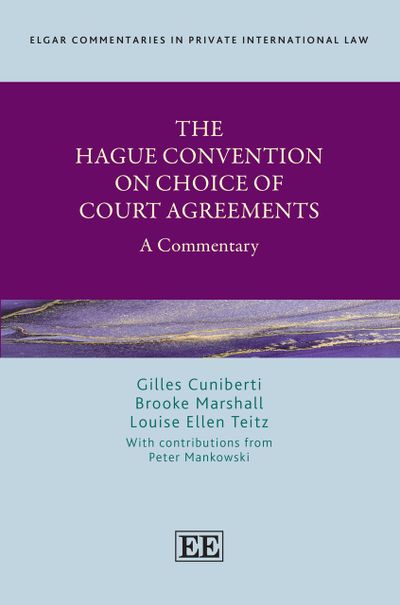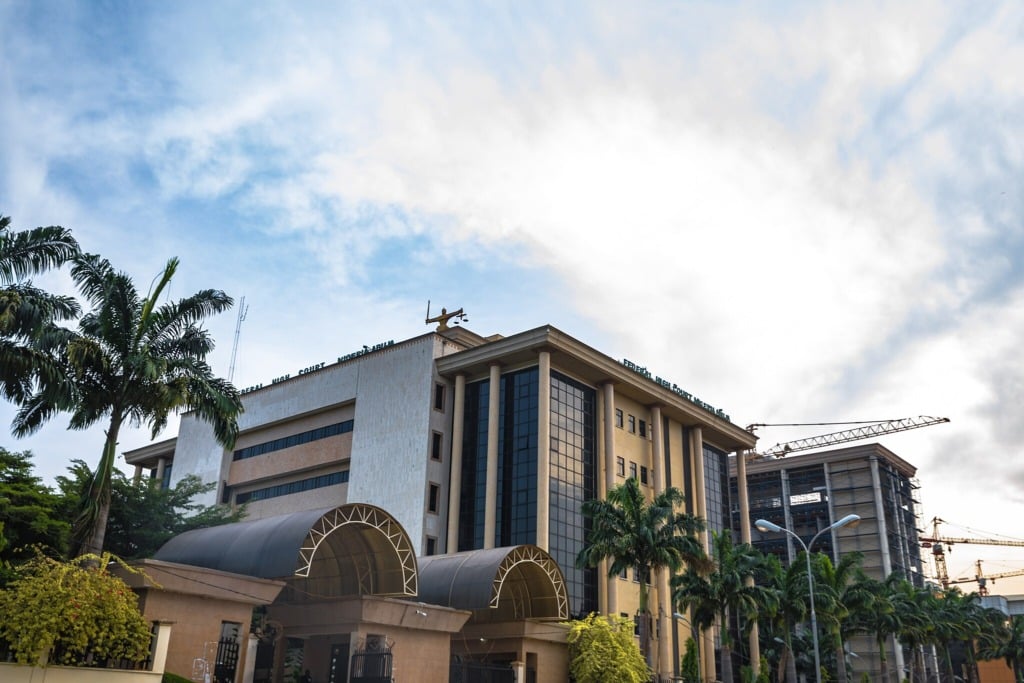Chinese Judgments Go Global: Emerging Systemic Challenges and Confidence Deficit
Over the past decade, many jurisdictions have witnessed a marked increase in cases involving the cross-border recognition and enforcement of judgments. This trend reflects the practical need to recover debts across borders and to prevent evasive debtors from hiding assets abroad. China is rapidly catching up with the international community in this domain, with a…
Continue ReadingChina’s Covid Countersuit
As the Covid pandemic raged in 2020, plaintiffs began filing suits in U.S. courts seeking damages from the People’s Republic of China and other Chinese defendants. In March 2025, a U.S. district court awarded the State of Missouri a default judgment for $24 billion against nine Chinese defendants. In November 2025, another district court awarded…
Continue ReadingBook Launch for Hague Convention on Choice of Court Agreements
The 2005 Hague Convention on Choice of Court Agreements entered into force ten years ago. As regular readers will know, the United States has signed but not (yet) ratified the Convention. Were the United States to do so, it would mark a significant (and positive) change in the U.S. approach to the interpretation and enforcement…
Continue ReadingRecognizing Foreign Judgments
When cocktail party conversations turn to foreign judgments—as they often do—it is common to hear people speak of “recognizing and enforcing” such judgments. This is unsurprising because the typical case involves both recognition and enforcement of a foreign judgment. In some cases, however, a U.S. court may be called upon to recognize a judgment but…
Continue ReadingTexas Court Gives Foreign Judgment Broad Res Judicata Effect
Gottwald v. Dominguez de Cano is a not a case that most readers would normally hear of. It is a Texas Court of Appeals decision giving res judicata effect to a Mexican judgment to bar a claim in state court to recover money paid in a Mexican land sale more than a decade ago. But…
Continue ReadingMaximum Comity: Recognition of Foreign Proceedings Under the Bankruptcy Code
Chapter 15 of the U.S. Bankruptcy Code governs cross-border insolvency proceedings. It establishes a comity-based framework within which U.S. courts may recognize certain foreign insolvency proceedings and enforce orders issued in those proceedings. Like other U.S. law on the recognition of foreign proceedings, it includes a public policy exception. This post provides a brief overview…
Continue Reading*Another* Federal Statute Relating to Foreign Judgments
The standard story relating to the enforcement of foreign judgments in the United States goes something like this: There is a special federal statute—the SPEECH Act—that applies to foreign judgments for libel or defamation. The State Department is currently in the process of drafting a federal statute that would implement the Hague Judgments Convention and…
Continue ReadingEnforcement Deadlines for Foreign Arbitral Awards and Judgments
In a recent decision, Amaplat Mauritius Ltd. v. Zimbabwe Mining Development Corp. (2025), the D.C. Circuit held that the Foreign Sovereign Immunities Act’s exceptions for implied waivers and arbitral award enforcement do not apply to proceedings to enforce foreign judgments, even when the judgment is based on an underlying arbitral award. The decision creates a…
Continue ReadingMini-SPEECH Acts
In the United States, it is common for states to enact statutes that mirror those already in operation at the federal level. These state statutes are sometimes described as “mini” versions of a particular federal enactment. A quick internet search turned up references to mini-FTC Acts, mini-WARN Acts, mini-Brooks Acts, and mini-Randolph-Sheppard Acts, among others….
Continue ReadingNigerian Judgment Satisfies Arizona’s Reciprocity Requirement
On July 10, 2025, in Ejeh v. Ali, the Arizona Court of Appeals recognized a Nigerian judgment, finding that Nigeria’s foreign judgments law satisfied Arizona’s reciprocity requirement. Reciprocity requirements are rare in state laws governing foreign judgments—Arizona is one of just five states to have such a requirement. The decision thus affords an opportunity to…
Continue Reading







